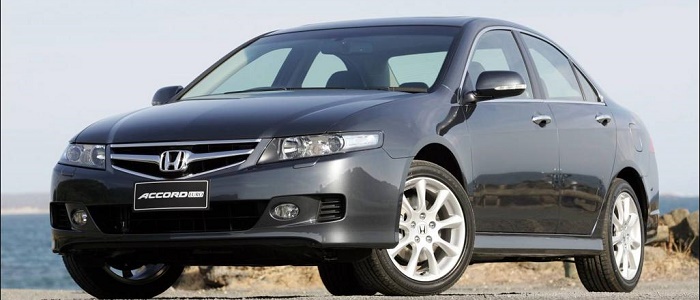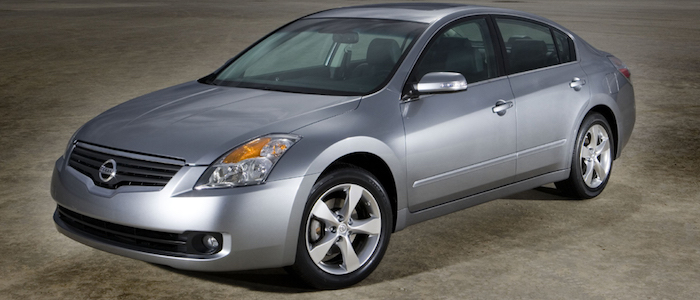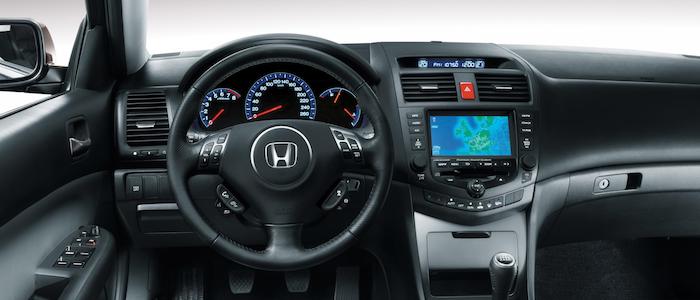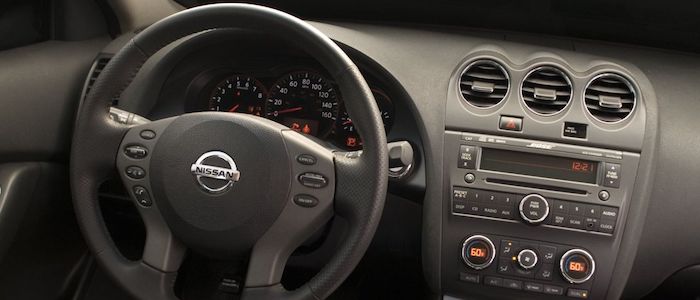Compare two cars
Compare any two cars and get our Virtual Adviser™ opinion
Marketing
Dimensons & Outlines
Engine
Performance (manual gearbox)
Performance (automatic gearbox)
Expenses
Virtual Adviser's™ opinion
Well, these are two pretty similar cars we have here! It's only details that could potentially make the difference. Considering they both belong to the large family car segment and utilize the same 4-door sedan body style and the front wheel drive system, it all comes up to the specific petrol engine choice they offer. The first one has a Honda-engineered powertrain under the hood, a 4-cylinder, 16-valves 155hp unit, while the other one gets its power and torque from a 4-cylinder, 16-valves 177hp engine designed by Nissan.
SafetyThe fact that the Honda got tested by the European New Car Assessment Programme (Euro NCAP), while the other contender didn't, offers a slight advantage, as the 4-star rating is better than none. Moving further on, let's take a closer look at some additional safety-related facts. Both vehicles belong to the large family car segment, which is generally a good thing safety-wise, but that fact doesn't break the tie between the two cars. On the other hand, taking kerb weight as an important factor into account, Altima offers a marginal difference of 6% more metal.
ReliabilityManufacturers have been building their reliability reputation for decades now and, generally speaking, it appears that Honda does have a slight advantage, at least on all of the models level. These are the results of an independent reasearch, while our visitors describe reliability of Honda with an average rating of 4.7, and models under the Nissan badge with 4.3 out of 5. Unfortunatelly, I don't have enough insight that would allow me to comment in more details on the specific models level. Above it all, drivers of cars with the same engine as Accord rank it on average as 4.9, while the one under the competitor's bonnet gets 3.0 out of 5.
Performance & Fuel economyNissan is undoubtly more agile, reaching 100km/h in 1.1 seconds less than its competitor. In addition to that it accelerates all the way to 235 kilometers per hour, 18km/h more than the other car. When it comes to fuel economy the winner has to be Altima, averaging around 7.3 liters of fuel per 100 kilometers (39 mpg), in combined cycle. We can't ignore that 10% difference compared to Accord.
Verdict
Honda is apparently more reliable, not too much, but just enough. The most important thing when deciding between any two vehicles should always be safety, both passive and active. In my opinion, everything taken into account, Accord offers much better overall protection, which launches it ahead of the other contender. From there things take a different direction, with Nissan being considerably quicker, thus putting more smile on driver's face. To make things even better, it consumps less fuel! No mistake, whatever you decide here, but I'd still go for the Nissan. Anyway, that's the most objective conclusion I could've came up with and it's based solely on the information found on this website. Aspects such as design, practicality, brand value and driving experience are there for you to measure them out. Also, you could use the oportunity to find out which car, everything taken into account, would be the perfect choice for you in the eyes of the virtual adviser™, among thousands of similar, yet so different vehicles.































